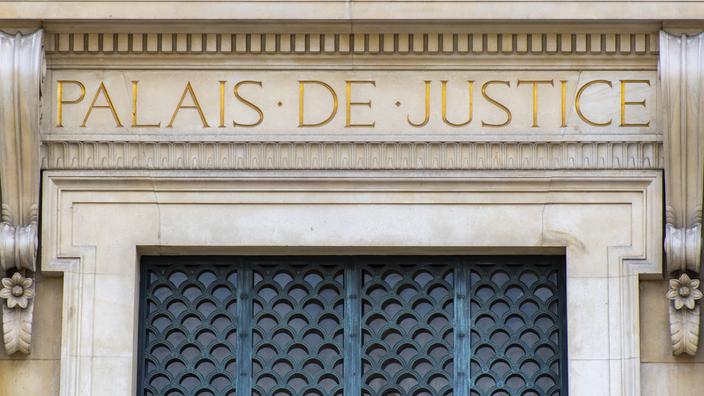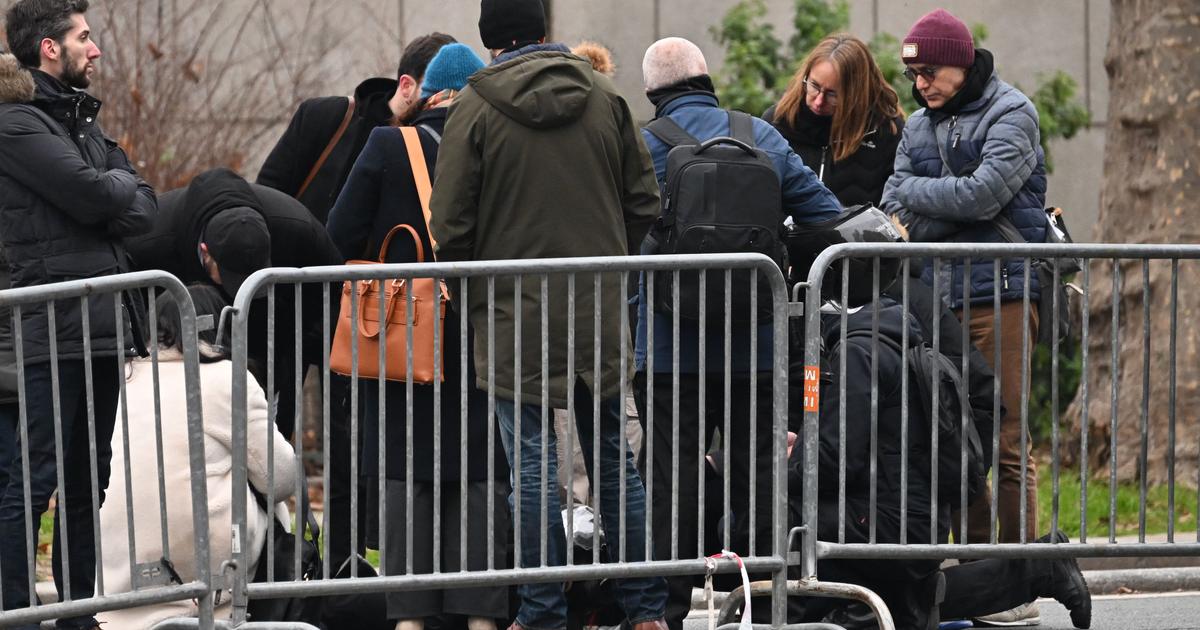The Paris prosecutor's office has requested a criminal trial for "
manslaughter
" against three police officers in the investigation into the death of Amadou Koumé during his arrest in Paris in 2015, AFP learned on Wednesday July 21 from a source close to the file, confirmed by the prosecution.
Read also: Troadec affair: at the end of madness, the destruction of a family reduced to nothing
The final decision rests with the examining magistrate in charge of this file in which one of the police officers, accused of having improperly practiced a strangulation key, is indicted for "
willful violence resulting in death without intention of giving it
".
This criminal qualification is liable to a trial at the assizes, which is claimed by the family of the victim.
On the night of March 5 to 6, 2015, the death of Amadou Koumé, 33, was found at the police station after his arrest in a bar near the Gare du Nord.
The staff had called the police because of the threatening attitude of the thirty-something, obviously seized with a psychotic crisis.
Medical expertise concluded that Amadou Koumé succumbed to "
pulmonary edema
" caused by "
the association of slow mechanical asphyxia and cocaine intoxication
", asphyxia having been favored by the strangulation. and its grounding.
According to its indictment issued on July 8 and consulted by AFP, the prosecution asks to drop the prosecution for "
fatal blows
" against the author of the strangulation.
The choke key, a controversial technique
For the prosecution, the force used by this member of an anti-crime brigade (BAC) "
must be considered legitimate and justified
" in the context of the arrest, marked by "
extreme resistance
".
This policeman had carried out a choke key for a few tens of seconds.
He then received a handcuff from the victim and resumed the strangulation for two minutes.
A gesture which he however qualified in front of the judge of simple "
lifting of the head
", consisting in pressing the chin and not the throat of Amadou Koumé, held on the ground on the belly by another police officer.
Read also: Trial of Valérie Bacot: the accused sentenced to four years in prison, three of which were suspended
A controversial technique, banned from the gendarmerie but still practiced within the police, the key to strangulation is regularly at the heart of investigations into the deaths of men arrested, such as Cédric Chouviat in Paris in 2020 or Philippe Ferrières in 2019 in Drancy (Seine-Saint-Denis).
However, the prosecution believes that the three officials are responsible for negligence that led to death, justifying their trial for "
manslaughter
".
“
Once brought to the ground, face down, hands shackled behind his back and lower limbs held by flex clamps, Amadou Koumé no longer presented any danger to others.
It is therefore for lack of discernment that he was kept in a prone position for 6.30 minutes, without the slightest check of his integrity,
”criticizes the prosecution.
Read also: The day the Benalla affair broke, the first breach of a smooth start to the five-year term
The initial investigation ended with a classification without follow-up. But an appeal from the family had led to the reopening of the investigations in June 2016 and the indictments of the police.















